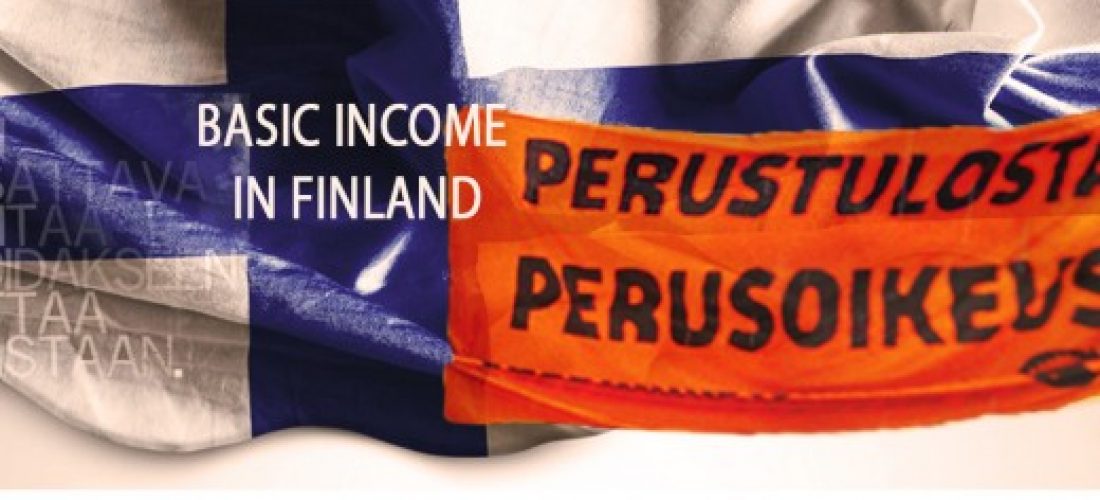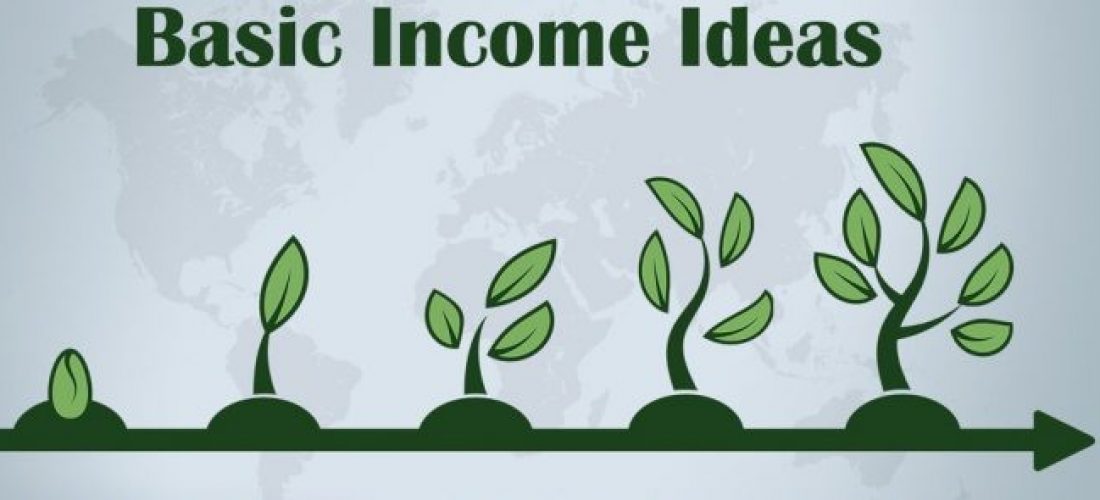People have different ideas on what society should look like, but they can still agree that a Basic Income Guarantee (BIG) is a good idea. The struggle for BIG should be the struggle for a specific policy measure, not for a utopian ideal. We are trying to make BIG a reality. That’s it. We are engaged in an ambitious project with limited boundaries. We are not trying to find a panacea for world hunger, domestic abuse or global warming. All we need is for a critical mass of people, and a few shrewd politicians, to do the right thing and vote for BIG.
In Finland, nearly 70% of the population supports basic income. For the first time ever, more than half of members of parliament do too. Historically, BIG has been advocated in Finland by the Green Party, the Left Alliance and the Center Party, joined recently by the Pirate Party. Advocates are found in all political parties and across all sectors of society. The Finnish National Union of University Students has officially endorsed a universal basic income, and so have many academics and think tanks. Post and neo-Keynesians are calling for it, as are leftist intellectuals. Even the banker Björn Wahlroos repeatedly endorsed BIG on newspapers and TV shows. He is one of the richest men in the country and a free market enthusiast.
We need a broad consensus if we want basic income to become reality. As recently reported in mainstream news across the world, a basic income experiment is about to be implemented, under the new center-right government headed by Prime Minister Juha Sipilä from the Center Party. The experiment is set to begin in 2017. Hopefully, this is just the prelude to a nation-wide implementation of a universal basic income.
There is nothing wrong in being utopian and in favor of radical solutions. But utopianism is not a necessary condition for engaging in the struggle for BIG. Sometimes it can be a hindrance. As basic income supporters, we may disagree on how high a basic income should be. We may have different views on whether to use the tax system, as in the case of a negative income tax, or social welfare instruments, as with most other forms of BIG. We may see basic income as a socialist principle or a free market mechanism. But we all acknowledge the need for a universal, unconditional and simple solution. We do not have to agree on anything else. We believe that BIG is important, because it does three things:
1) it eradicates absolute poverty;
2) it reduces bureaucracy;
3) it lays the foundation for a new, sustainable relationship between states and markets.
In order to achieve this, we need to build alliances between utopians and realists of different persuasions. At BIEN-Finland, our national branch, we are confronted every day with the various political leanings and aspirations of our members. Our diversity is something we celebrate, even if sometimes it causes friction and animosity. A one-sided approach to basic income would seriously hurt the prospects of BIG becoming a reality.
We should learn from popular struggles that have rallied mass support, such as the campaign for extending the right to vote to women in the late 19th and early 20th century. Universal suffrage was advocated by various classes and social groups. Driven by the same goal, farmers and workers marched together. Women were joined by their husbands. Newspapers representing different interests endorsed the idea. After some time, opposition to it was frowned upon. It was not the exclusive battle of Marxists, or trade unionists, or social liberals, or enlightened aristocrats. It was a struggle owned by the whole population. From a marginal idea, universal suffrage became common sense. The opposition did not disappear overnight. But it gradually lost steam, until it became a remnant of the past, deprived of any real power. BIG will succeed when it will achieve the same broad consensus. Our goal is to make opposition to BIG unfashionable and a little reprehensible.
The danger is not that the “wrong people” like the idea. Rather, the problem is that some people want to appropriate the name to implement different policies. If a proposed basic income is not high enough to cover basic human necessities, like food, shelter and clothing, then it cannot be called basic income. BIG should also not be confused with means-tested grants or workfare schemes. We need to be clear about this. In Finland, the government’s position oscillates between a real basic income and austerity or workfare policies, but public pressure and intellectual debate are creating a space for a BIG experiment.
A universal basic income should gain the support of Marxists, trade unionists, neoliberals, businessmen, teachers, farmers, feminists, tech nerds, American billionaires and Nigerian chicken farmers. The alliance must be broad and deep, and focus on common human needs. The emerging domain of populist politics, increased media attention and the growing intellectual debate around BIG, provide an unprecedented opportunity to further our cause.
Of course, we should not kid ourselves that humanity would finally overcome its differences under the guise of a BIG campaign, nor that left-wing and right-wing interpretations would lead to the same result. BIG organizations should be democratic forums for people from different backgrounds. Some of them are naturally inspired by a variety of utopian visions. Broad-based BIG has the potential to act as a true meeting ground for popular struggle, in which conflicting visions of the good society can strategically talk to each other and put forward a shared, simple solution. People should be able to set aside their differences – at least for a short while.
We may not like all our friends in the movement. Some of our allies are horrible people. (By the way, they probably think the same about you.) But we still have to live together in the same house. If people can, for the time being, agree on basic income, then we have already won. Bickering partisans can still keep on fighting over other issues. Trust me, there will always be something to fight about.
So bite your nails and be wise about strategy. Smile to your enemies. Shake hands with the most awful people. The smiling basic income activist is a silent, deadly assassin. If we want to think BIG, we need to act stealthily. We do not have the luxury to choose our political allies.
Otto Lehto is a philosopher and a political activist. He is the chairman of BIEN Finland.







